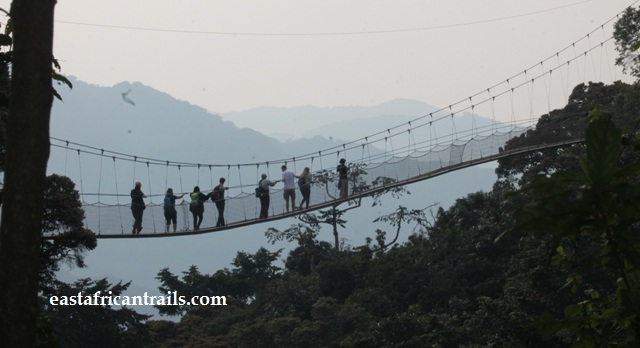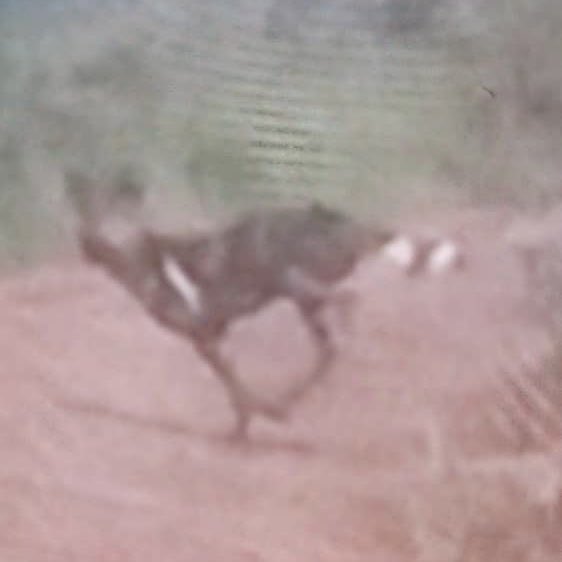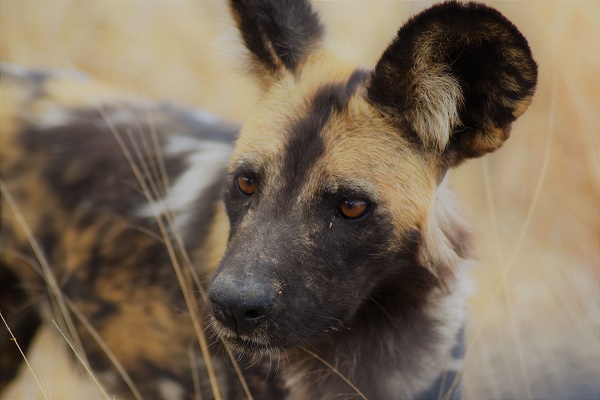Uganda has passed the “anti-homosexuality law” that criminalizes same sex relationships and the promotion of gay activities in Uganda. The law is said to be one of the toughest anti-LGBTQ laws in the world that includes the death penalty for aggravated homosexuality, and up to 20 years in prison for promoting homosexuality.
The Uganda anti-homosexuality/anti-gay/anti-LGBT law has drawn strong condemnation from local and international human rights organizations and more importantly from world leaders of countries such as the USA President Biden, that uphold and promote the rights of the LGBT persons.
The consequences of the law are starting to bite! The international gay/LGBT rights lobby is already up in arms promoting a boycott of travel to Uganda to discourage tourists from visiting Uganda, the famed Pearl of Africa, that is included on African vacations mostly for the gorilla trekking, in addition to other popular Uganda tours include the chimpanzee trekking, trip to Murchison falls national park – home to the world’s strongest waterfalls and lots of animals, and Mabamba wetlands for the Shoebill bird, among others.
So what is the mood and intention of the law and is it still safe for LGBT/gay people to consider Uganda for a safari?
How popular is the anti-gay law in Uganda?
The above law has been passed on a moralist ground, or call it an excuse, of protecting the cultures and values of the local population. Homosexuality is looked at as a foreign vice that is against what is regarded as normal traditionally. This sentiment is carried and believed by most societies in sub-Saharan Africa.
Uganda is also a highly religious country, with more than 70% of the population identifying as Christians and a big percentage of the rest being Moslems. The law has therefore had a big backing from the ultra religious community that believe homosexuality is one of the worst sins and should therefore be fought in whatever way possible to save Uganda from the fate of the biblical “Sodom and Gomorra”.
A law of convenience for the time?
Drawing from the strong cultural and religious feelings of the local population, the law may seem like a perfect scapegoat the government really needed to sway the public away from its failures! From the assassinations and shootings that had become rampant, to corruption scandals by top government officials making the news every day, and to a total breakdown in the infrastructure of the capital Kampala, are among a sea of problems the country is drowning in. The government had attained such an image of incompetence among the population.
The anti-gay card had always worked whenever the government found itself in such a dilemma and it has not been any different this time. After finally passing and signing the ant-gay law the president has been praised as messiah of sorts for saving the “African values”. Finally the government has managed to sway the public attention from the many crises and temporarily attained some much needed public approval for this time.
A politically motivated law?
Another reasoning behind the motivation for the government to make the anti-gay law is that there is an assumption that gay rights group in the west have been heavily facilitating local organizations and political formations that are hostile to the Ugandan government. By this law, the organizations in Uganda that are found or are thought to be promoting rights of the LGBT in Uganda are sanctioned and prosecuted accordingly.
There is also a fear that the law could be used to set up and falsely accuse political opposition as gay or collaborators of promoters and persecute them. Because of the feelings of the local population about homosexuality, this would be an easy scapegoat of a law for government to use to stifle opposition.
However, experience has shown, politically motivated laws in Uganda only service a political purpose during the political season.
Why LGBT/gay persons can still visit Uganda albeit the anti-gay law
The president of Uganda clarified that the law is not intended criminalize suspected homosexuals or those that identify as gay. So there is no hunt for gay people.
Also important to note is that, as much as Ugandans want to feel strongly about their cultures and religious beliefs, Ugandans are some of the most welcoming and accommodating people irrespective of ones differences. As a gay person, no one will be interested in your sexuality as no one will ask about you, but rather everyone will want to see that you are comfortable as a visitor.

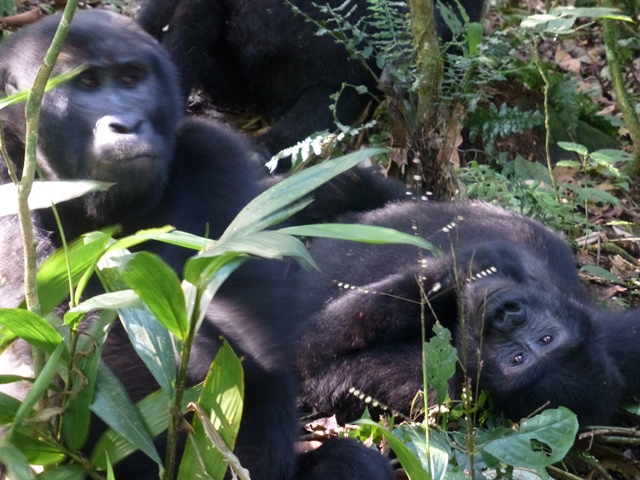
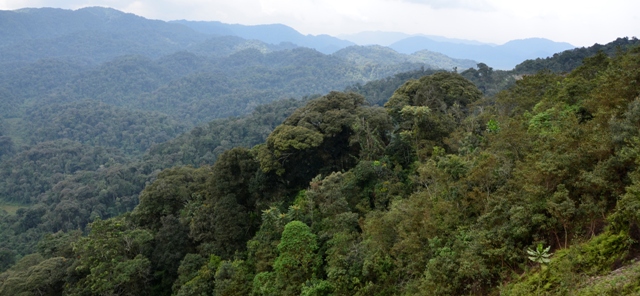 On September 19, 2023 Rwanda has received wonderful news, it has been confirmed
On September 19, 2023 Rwanda has received wonderful news, it has been confirmed 